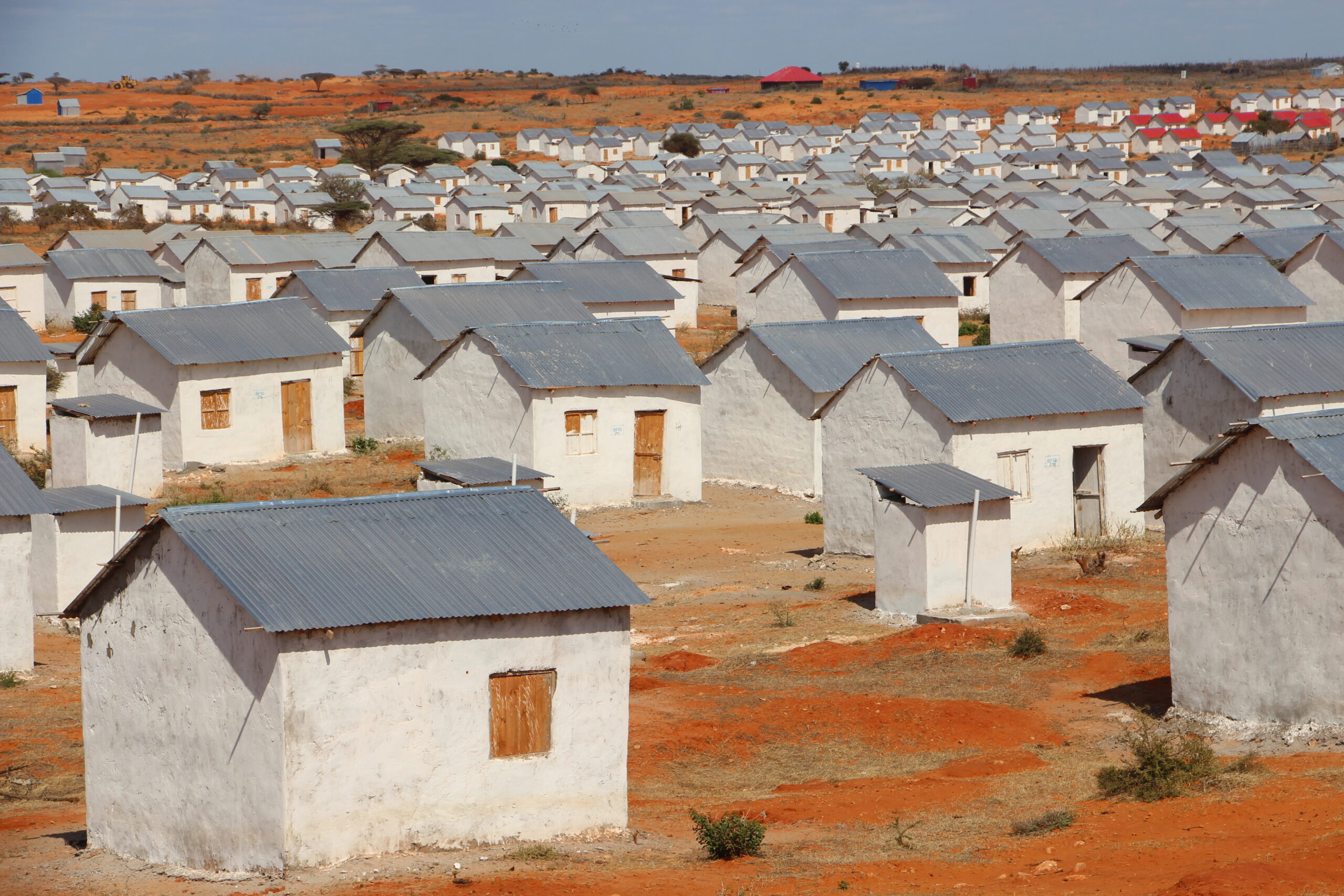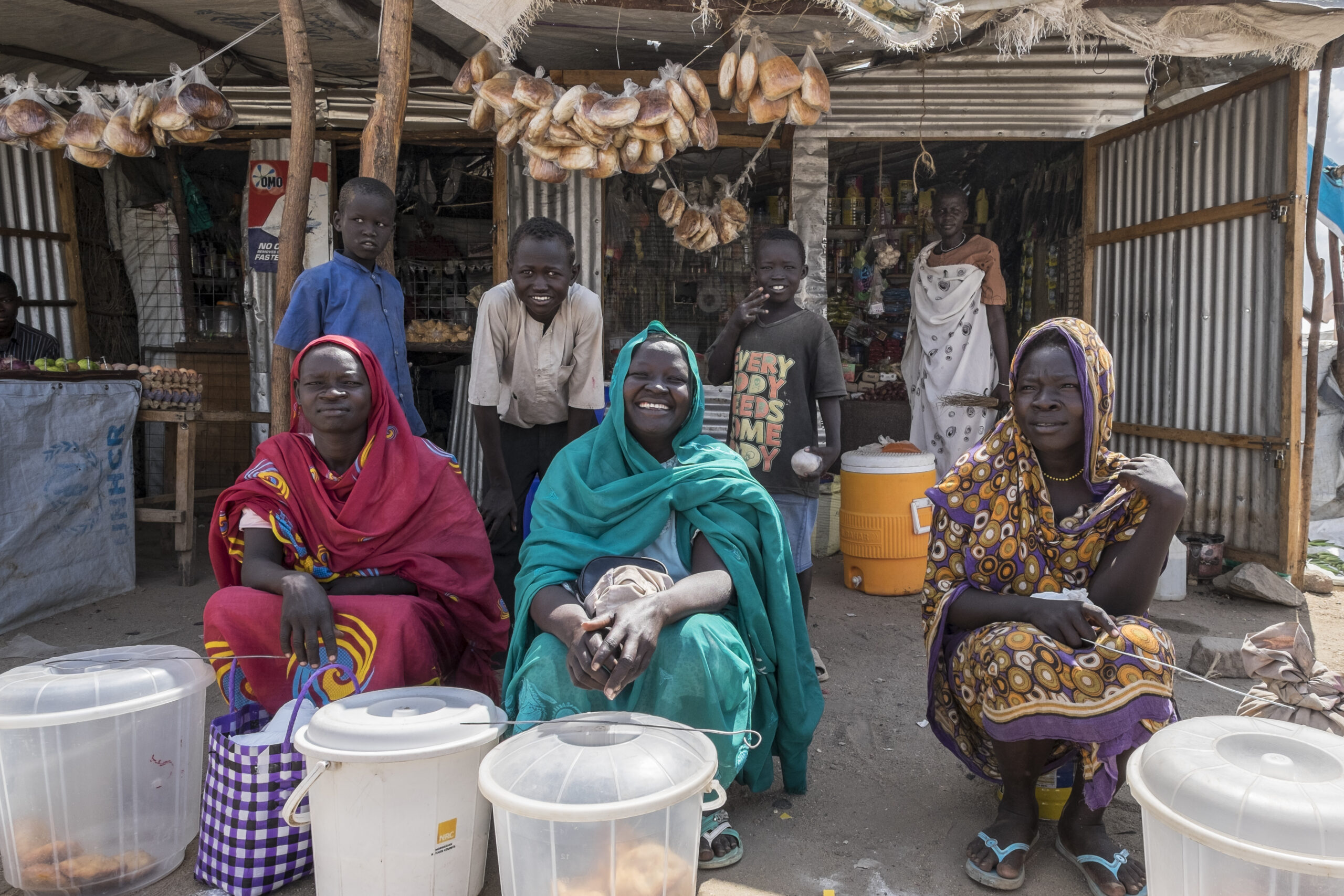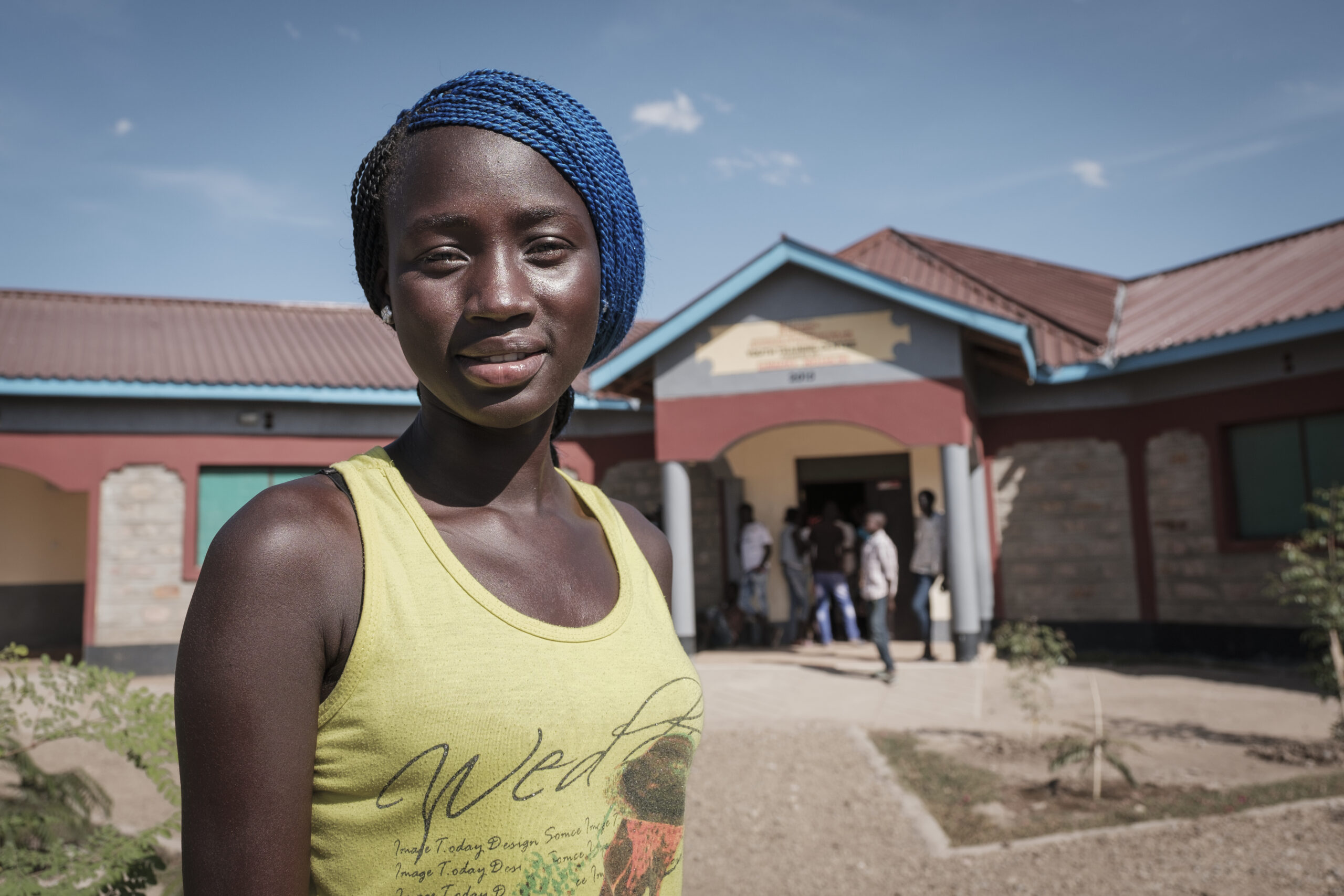With over 2.6 million IDPs in Somalia as a result of conflict, violence, insecurity, and severe natural disasters, addressing displacement challenges is critical to find durable solutions to protracted displacement and give the millions of displaced a chance of a better life with dignity and self-reliance. Somali authorities and national actors have the primary responsibility to address these issues and need to be adequately supported to be able to play a leadership and coordinating role. It is essential to collectively invest into capacities to sustain solutions locally and nationally. Such investments will strengthen national institutions and partnerships that can sustain locally owned solutions.
In 2017, the European Union launched a 3-year programme known as REINTEG to support the return and reintegration of Internally Displaced Persons (IDPs) and refugee-returnees across Somalia and Somaliland. The programme also aims to enhance the capacities of the Somalia government and local authorities to assume their primary responsibility for facilitating durable solutions.
The EU is working with five consortia (four NGO-led and one UN-led) to achieve these results. The NGO-led consortia include Somaliland Durable Solutions Consortium (SDSC) led by World Vision in Somaliland; Enhancing Integration of Displacement affected communities in Somalia (EIDACS) led by Concern Worldwide in Southwest State; Jubaland Solutions Consortium (JSC) led by Norwegian Refugee Council in Jubaland and the Durable Solutions for IDPs and Returnees in Somalia (DSIRS) led by Care in Galmadug. The Regional Durable Solutions Secretariat (ReDSS) is supporting the EU REINTEG partners on the learning component by bringing them together towards one durable solution vision where each of the RE-INTEG consortia contributes through different approaches. See a summary infographic.
ReDSS members, in coordination with government and local authorities, the office of the UN Resident Coordinator (RCO), the Somalia NGO Consortium, and various UN agencies, have invested in a longer-term knowledge management and capacity development approach in Somalia and developed different learning tools such as trainings, online tutorials, one pagers briefs, etc. The aim is to support a common understanding and vision to durable solutions processes in Somalia.
Since 2016, over 120 practitioners and policy makers have been trained in Somalia. In March 2018, EIDACS consortium with the support of ReDSS organized a durable solution training in Baidoa for local authorities and practitioners in Southwest State, in partnership with Somalia NGO Consortium and UN agencies. 37 participants from various Southwest State (SWS) line ministries, Baidoa local authorities including the Mayor of Baidoa, UN agencies and non-governmental organizations attended the training and contributed to very interesting and lively discussions and debates. Bringing different stakeholders together and especially local actors is essential to understand different perspectives and support a common understanding of challenges and opportunities in the search for durable solutions in Somalia.
Investing into capacities at regional level is essential as local authorities have the primary responsibility to lead and coordinate durable solutions programing. Mr. Watiin Abdullahi, the mayor of Baidoa emphasized the need to support local municipalities to be able to respond to displacement in urban context including forced evictions and access to services for displaced and host communities in an integrated and sustainable way.
Mr. Abdulqadir Mohamed, the Commissioner of the South West State (SWS) Commission on IDPs and Refugees said that such trainings are critical to strengthen early preparedness and response efforts to reduce the risk of displacement in urban areas as well as enhance protection and absorption capacity. Unplanned and informal settlements are frequently in peripheral and higher risk prone locations. Urban centres face critical absorption challenges which further increase pressure and social tension among hosting communities and urban displaced over access to overburdened services.
Mayor Watiin was able to bring key points from the workshop to a learning event on solutions in urban contexts organized by ReDSS, the Intergovernmental Authority on Development (IGAD) and the Rift Valley Institute (RVI) in Nairobi in April 2018. The event was attended by over 120 people and Mayor Watiin was on a panel with World Bank Urban experts and UN Habitat. It was a key opportunity for him to share his perspective and priorities on durable solutions in urban context. The study aimed to better understand and address displaced people’s vulnerabilities and aspirations in urban centers and to rethink support in more sustainable and empowering ways and the Mayor was actively involved in the study process.
During the last session of the training, participants engaged in group and plenary discussions to agree on recommendations to inform joint planning and to ensure use and uptake of the training learning in their respective area or work. Representatives from lines ministries and authorities requested for further support on strengthening community-driven durable solutions approaches, strengthening self-reliance and resilience in urban context and enhancing preparedness and early solutions to prevent further displacement.
“We should not implement anything unless every relevant stakeholder including the displaced themselves are involved in decision-making process. Not only, do we have to consult all groups, women, youth, religious leaders and other affected groups to fully scope the needs in Baidoa; but we also need to explore more innovative ways of working with private sector and various businesses in provision of key services such as water due to strain that the town already faces” said the Mayor.
Both the mayor and the commissioner appreciated the partnership with ReDSS and the EU REINTEG consortia and stressed the fact that agencies need to do more to strengthen the capacities of local authorities to play a leadership and coordinating role in durable solutions processes.
Long-term multi sectorial and multi actors funding such as EU’s RE-INTEG is instrumental to bring humanitarian and development stakeholders together and support a common vision to improve collective programming and policies.
New approaches are needed for effective humanitarian-development coordination to find durable solutions for IDPs in Somalia using area based planning processes led by municipalities and authorities. Part of these new approaches is for actors to continue to evolve ˜adaptive programming” moving away from sectorial and linear cause and effect approaches and to continuously adapt to Somalia very volatile context.
We have a collective responsibility to challenge our structures and systems to do more and better together in the search for durable solutions for displacement affected communities. It is essential to collectively invest into capacities to sustain solutions locally and nationally. Such investments will strengthen national institutions and partnerships that can sustain locally owned solutions. This is what RE-INTEG Consortia are supporting by investing in real time learning and adaptive management, mentorship and peer learning to ensure that RE INTEG programming is flexible and responsive to changing contexts and needs.
Click here to read more on core elements to inform solutions programming and what durable solutions in Somalia means.



